

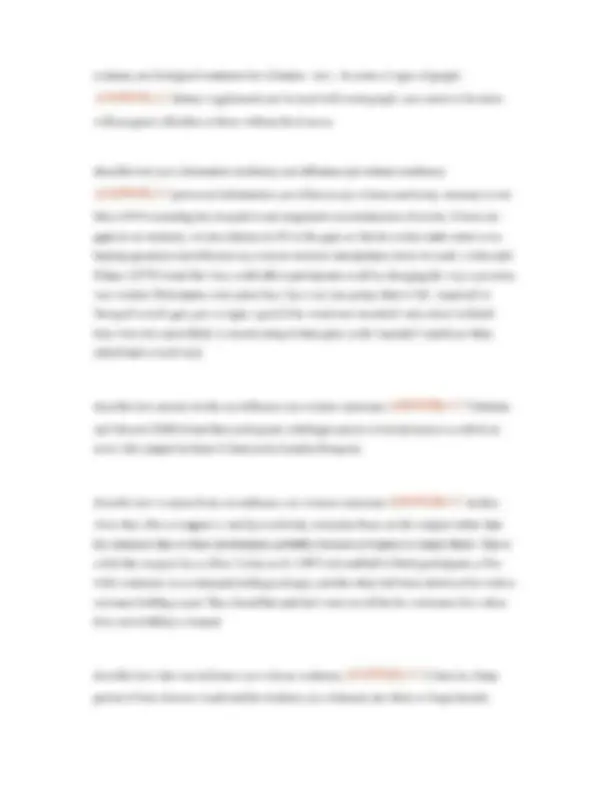

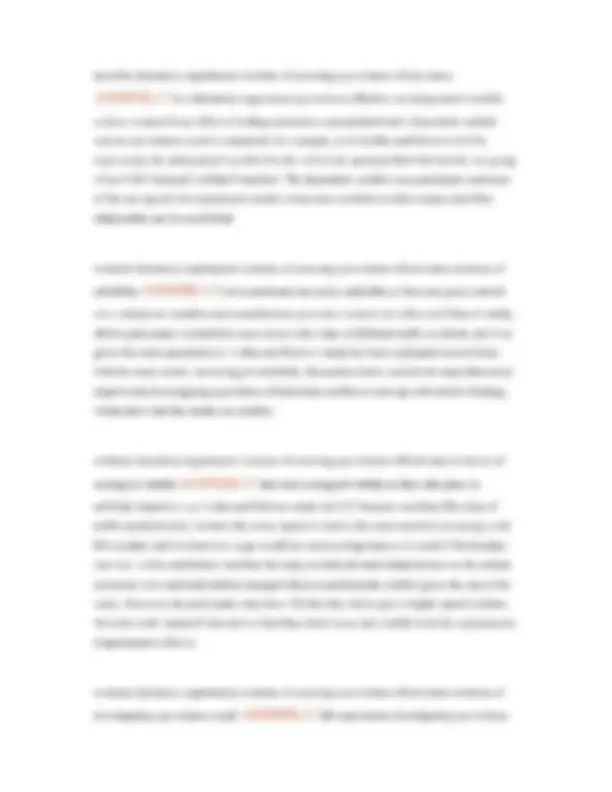
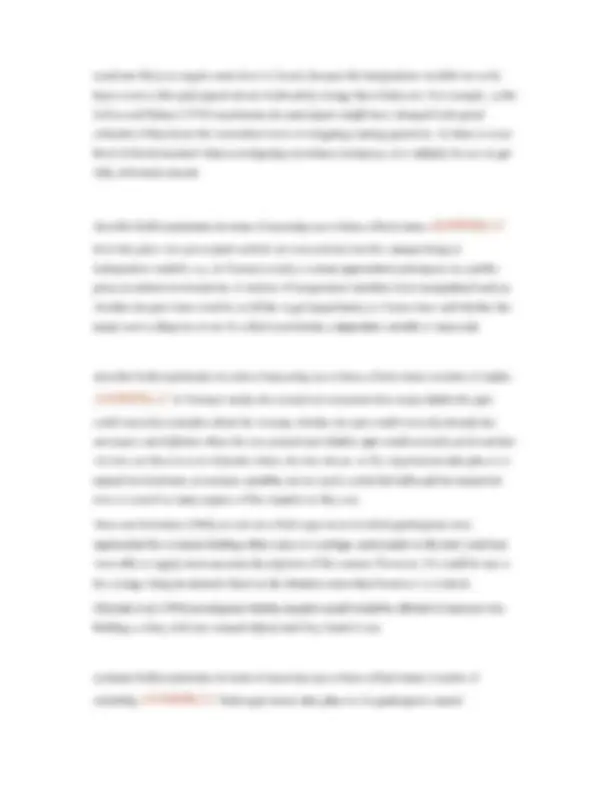
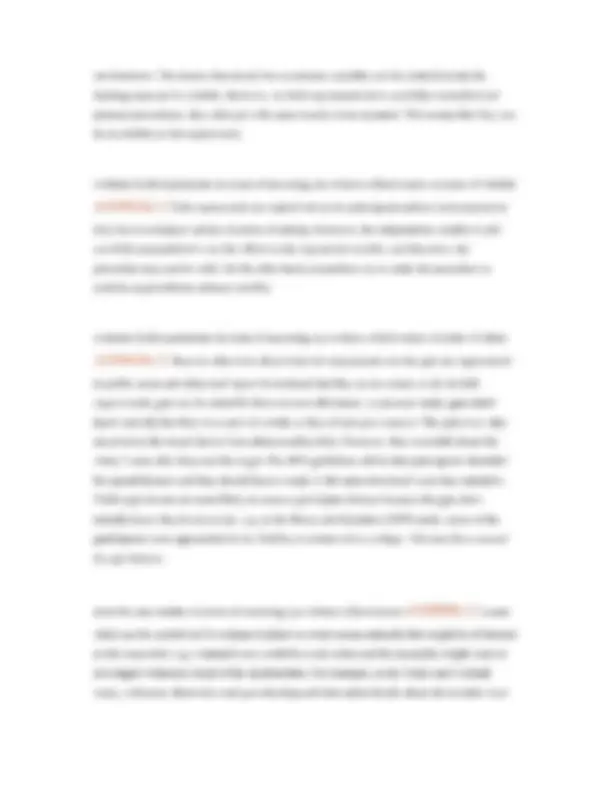

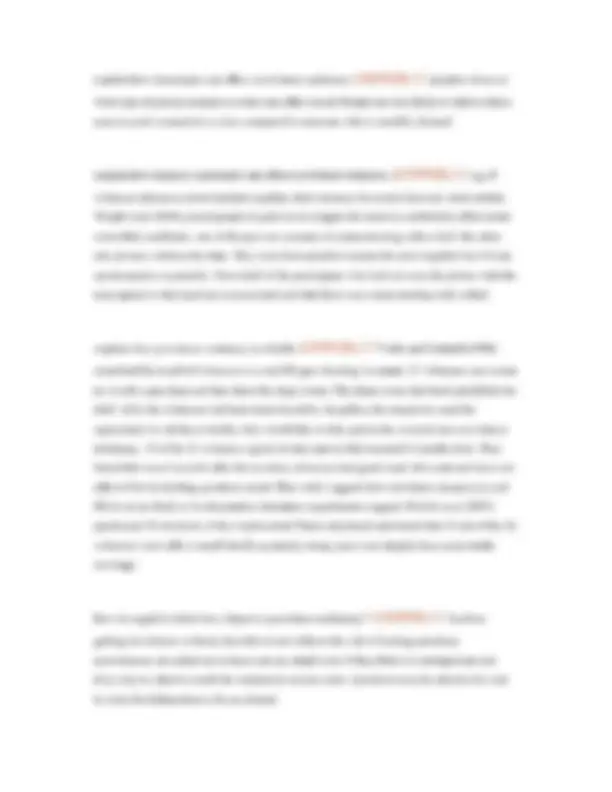


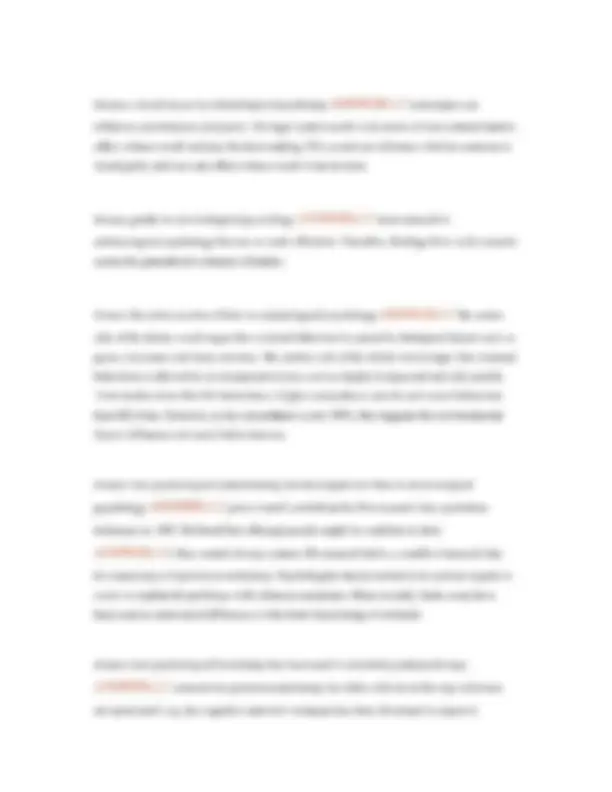
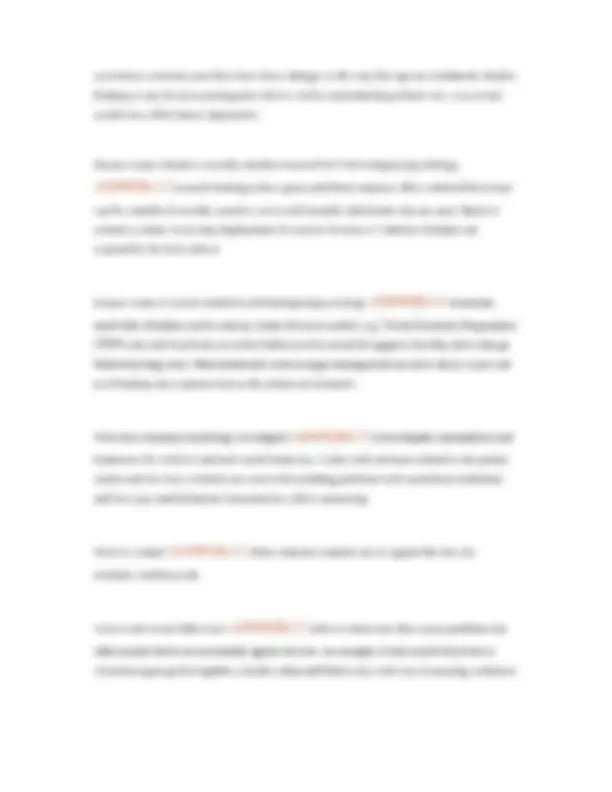

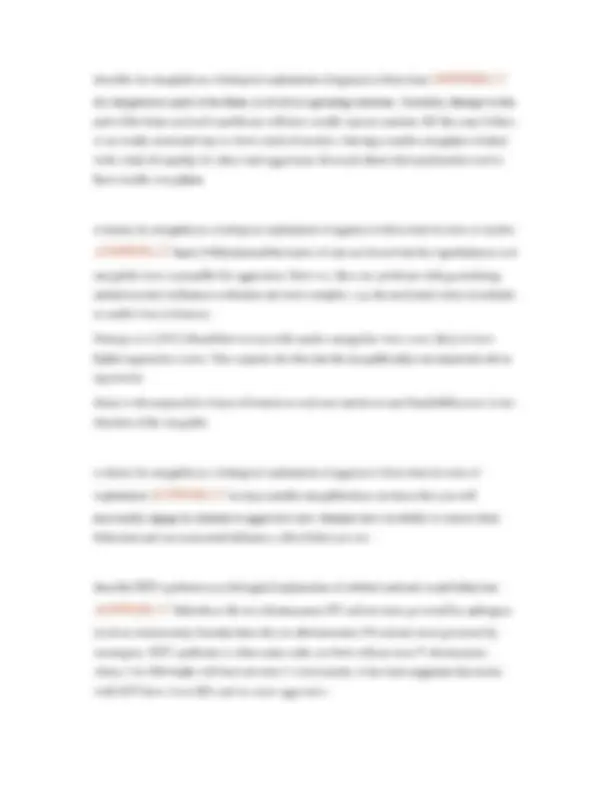
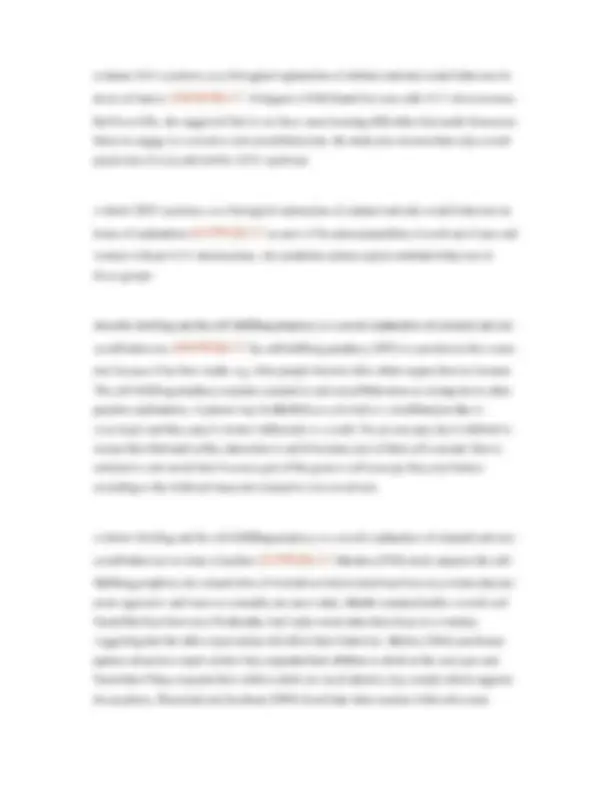





Study with the several resources on Docsity

Earn points by helping other students or get them with a premium plan


Prepare for your exams
Study with the several resources on Docsity

Earn points to download
Earn points by helping other students or get them with a premium plan
Community
Ask the community for help and clear up your study doubts
Discover the best universities in your country according to Docsity users
Free resources
Download our free guides on studying techniques, anxiety management strategies, and thesis advice from Docsity tutors
Criminal Psychology Exam with Questions and Answers Describe the cognitive behavioural technique for treating offenders- anger management ANSWER✓✓ Anger management is a cognitive-behavioural technique. Its based on the idea that individuals can learn to control their aggression by changing their thought patterns. there are 3 steps to anger management 1) cognitive preparation-offenders are taught to identify situations which trigger anger and thaught patterns are challenged 2) skills acquisition- offenders are taught skills to control their feelings of anger such as counting to ten and relaxation techniques to calm themselves down 3) application practice- offenders are given anger provoking scenarios such as someone swearing at them so that they can practice how to deal with difficult situations. Anger management programmes can be used in prisons or with people on probation. The courses are usually conducted in small groups and last for around 10 sessions
Typology: Exams
1 / 26

This page cannot be seen from the preview
Don't miss anything!


















